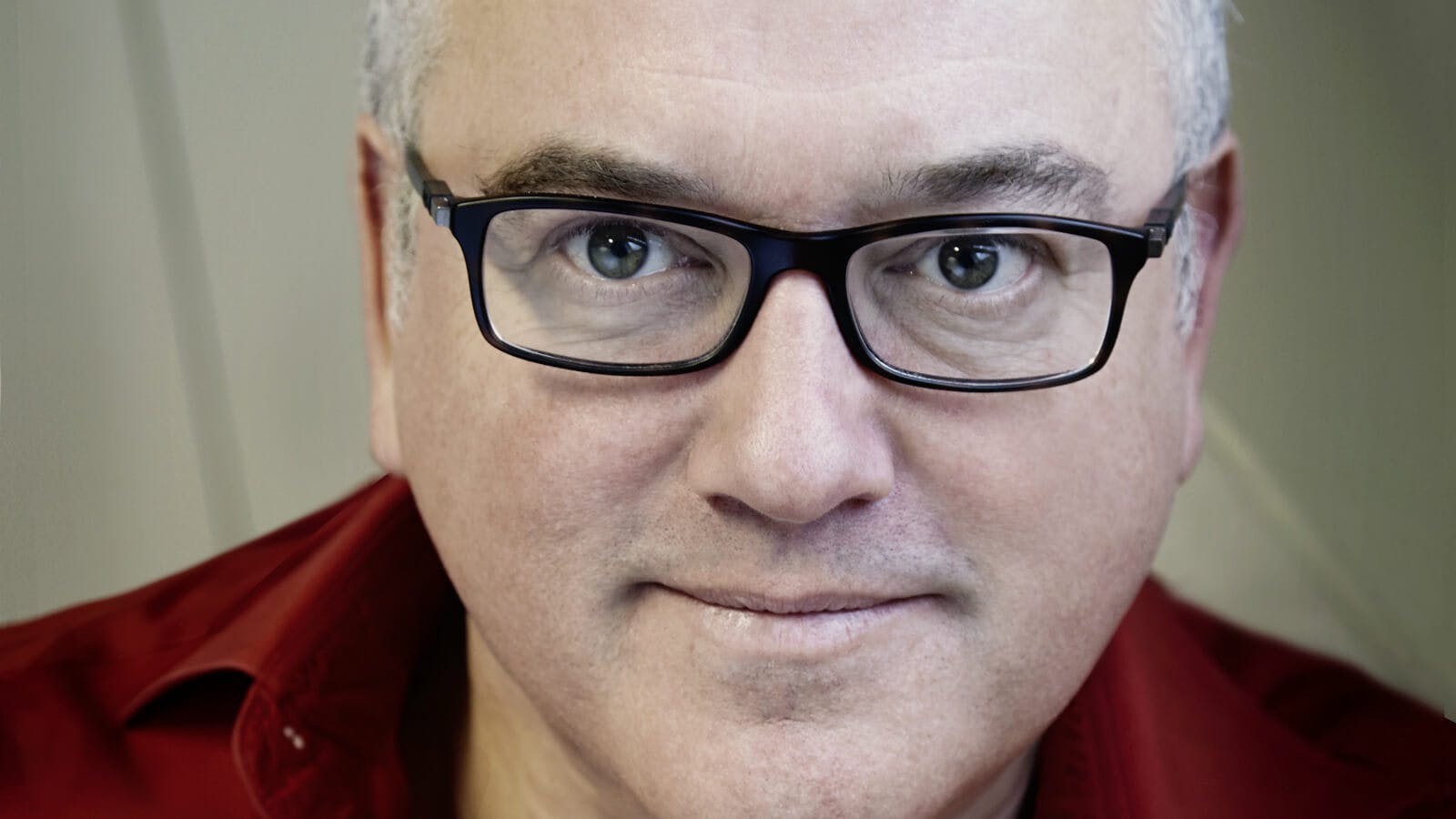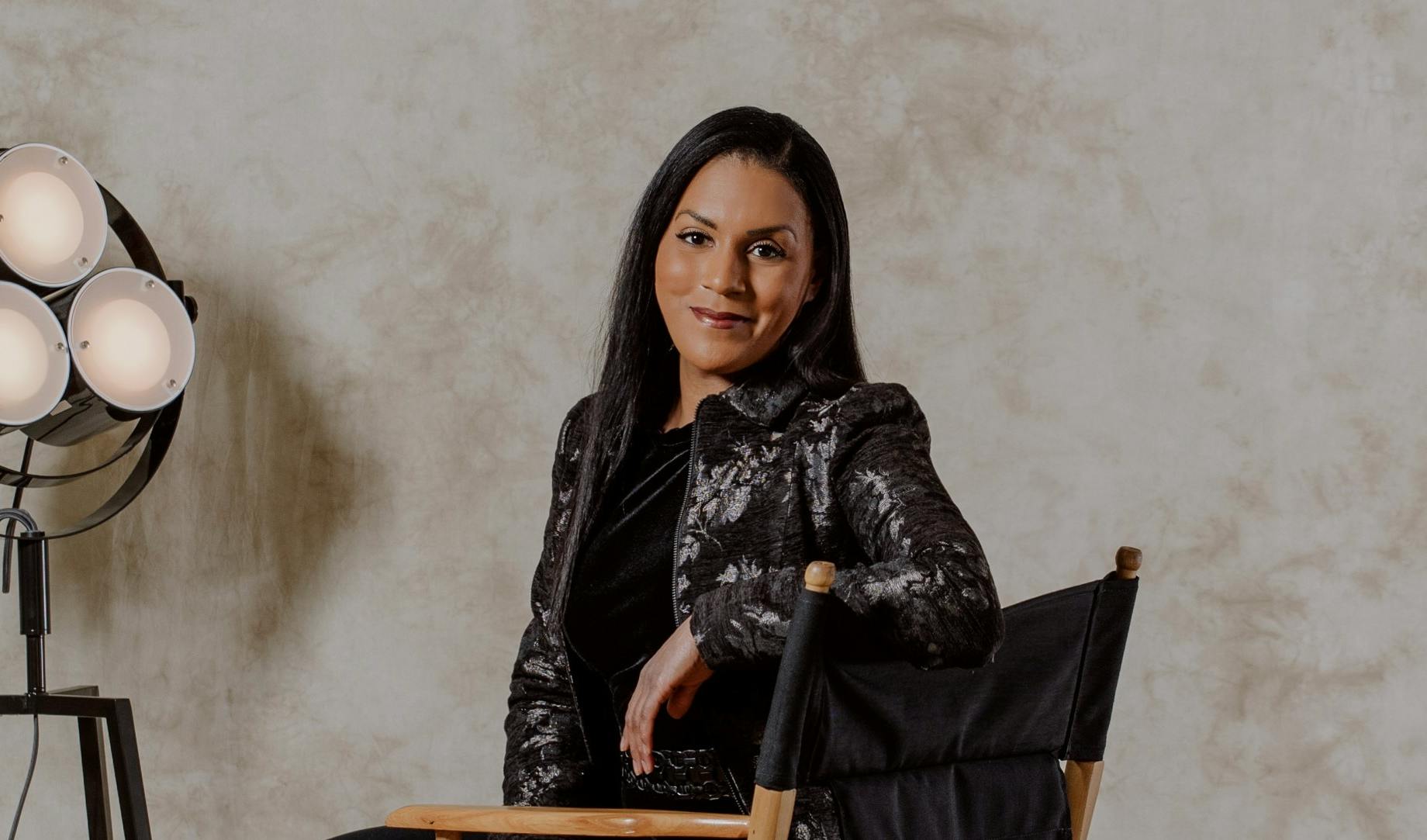
How (and when) start-ups should scale up | Former Sofa.com CEO and board chair, Gareth Williams
Gareth Williams, former CEO of Sofa.com and recently appointed Chair of VC-backed healthcare company Live Better With, shares his insights to help start-ups grow.
In five years leading Sofa.com, Gareth Williams helped more than triple sales to £24 million and led the online furniture giant’s private equity sale for some £50 million. He’s also taken print-your-own-newspaper business Newspaper Club from start-up to brokering its sale, is an advisor on digital home care business Konnektis, is a trustee of social innovation charity The Young Foundation and founded content agency, Thinkpiece, whose client list includes energy firm Bulb and lighting business Pooky. That’s on top of a spell working in investment banking and in blue chip industry, at ING Barings, Morgan Stanley and Cadbury Schweppes.
Williams’ own experience of chronic ill-health for a period in the past provided his personal motivation to apply for the Nurole-recruited chairship of VC-backed healthcare platform for people with long-term health conditions, Live Better With, a role which he recently secured. Here, he discusses marketing prowess and the best strategy to help start-ups grow, fast.
You’re a pro at growing online businesses; now you’re working on the advisory side: how do you help a small start-up that has big potential to scale-up?
The first thing to consider before spending any time or money on expansion is: does the business add real, substantial value - through its product, service or brand experience - to a target customer? If not, move on. If yes, then I help firms work through my check-list, which is:
- Why is your business going to win? What is your start-up’s competitive positioning? It won’t be an easy fight, so you need to know this before you start.
- How are you going to get known? As a small business, with not many resources, this is a huge challenge nowadays, you need a really effective, creative marketing plan.
- Have you got enough money to grow? What’s your financial strategy? It needs to be the right ‘sort’ of money: not too much debt, an efficient balance sheet and working capital.
- Operations: I suggest making a chart of the company’s business process - what happens all the way from first contacting a customer through to after-sales and repeat business. What are the functions, who’s doing what, where are the gaps?
- Lastly, it’s management - of roles, of information, of communication, of collaboration. It’s lots of work with people: really getting the team aligned around the overall strategy, so each knows their own task and how they fit in.
How do you keep existing staff happy in a scale-up? Don’t they raise concerns about new employees and their own job security?
It’s common for people to feel insecure - I’ve had people come to me saying, ‘what’s happening to my job?’ But it’s the role of the manager to put some context in place so that the executive team and all staff members know where everyone fits into the overall strategy. It’s crucial to get everyone to buy into the ambition and what you’re trying to achieve, underpinning a culture of working together for a common aim. Being habitually open goes a long way towards resolving any worries. An effective start-up culture is usually one where information is shared very freely: a trusting environment.
A lot of online furniture businesses came and went - what did you do differently from competitors whilst at Sofa.com that enabled you to scale up so successfully?
Sofa.com had first-mover advantage - we were the first “web 2.0” furniture business to really be digitally-led - but we were pragmatic about it too. We recognised that the best way forward was to use digital for things it was good at, but also fully embrace interaction with people, who like to try out furniture, so we made it multi-channel, with shops so people could really try the products or know that others were. We were also obsessive about customer service and brand and did both really well. The founders did a world-class job from day one, which I did my utmost to continue.
What do you know now that you wish you knew before your first scale up?
I wish I’d known about the importance of trends’ timing, how long it takes sometimes for change to happen even in a fast-moving environment. If you’re not standing in front of the right wave at the right time, you won’t make progress. I set up a digitally-led furniture retailer in the 90s, but it was before web 2.0 and the roll-out of broadband; it was too early and the business wasn’t working online, so I moved on to do a classic store roll-out. But I should have recognised that it would work when the time was right - I spotted the trend but didn’t realise I needed to be patient. My advice is, don’t lose faith in the trend you’ve spotted too quickly. It takes a while for technology to work its magic and for people to get on board. So work out where the world is going and put yourself in a position where you will be carried forward, eventually.
Let’s talk timing. As a start-up facing Brexit, or a potential recession, or other economic issues, how do you know when the right time to go for it and scale-up, and when you should hunker down?
As a small start-up that has a clear value for customers, my advice is: don’t pay too much attention to the macro economy. Focus on trends, but in terms of what’s happening with the wider economy, sometimes a downturn can help: hiring becomes easier, property is cheaper, competition can go away. The key thing is to have a good plan, make sure all those scale-up check-list issues above are robust. And go for it if so.
You’ve managed multi-million pound marketing budgets and led highly-effective marketing initiatives for a range of big brands - what has been most successful?
The content strategy that we created for Sofa.com. It really fuelled growth brilliantly from about 2012. We started a blog of content that people wanted to interact with because it was really useful, interesting, or entertaining, depending on the post, and then we distributed its contents via email, social media and press. Everything we wrote was based on very careful analysis of our core brand messages, but people were drawn to it and shared it because it was genuinely readable.
Nowadays especially I think it’s quite difficult to get a really strong ROI from paid advertising online, and I’m wary of paying social media influencers - I think brands should be more ambitious and seek to become influencers themselves as we did. That way, they’re in control of their own destiny, and it’s more efficient. The brand needs to set itself up as a publisher, and become an authority and a destination on its special subjects. I think that’s an essential component of a digital marketing strategy for anything other than a price-led commodity business.
Let’s finish with a few quick-fire questions...
What’s the best professional advice you’ve been given?
If you want to start a business, the easiest place to go for ideas is to think about what your friends need - and work out whether you can give it to them.
What was your biggest break?
Getting the backing of the founders of Sofa.com to take the business forward.
What are you reading now?
Kissinger: 1923-1968: The Idealist, the biography by Niall Ferguson.
Favourite holiday?
A road trip around the north west of the US a couple of years ago.
What do you do to have fun?
Spending time with my two boys, they make me laugh pretty much all the time.
When did you last cry?
I don’t know... I suppose that’s a good thing!
What’s your favourite app?
Santander Cycle Hire app - it’s indispensable for getting around town
When does your alarm go off and how many hours of sleep do you have on average?
The alarm goes off at 7:15am, I try to get eight hours, but usually end up reading in bed at night for too long.






